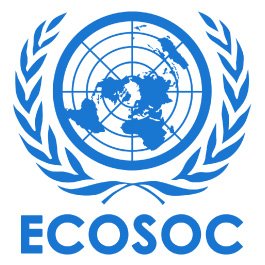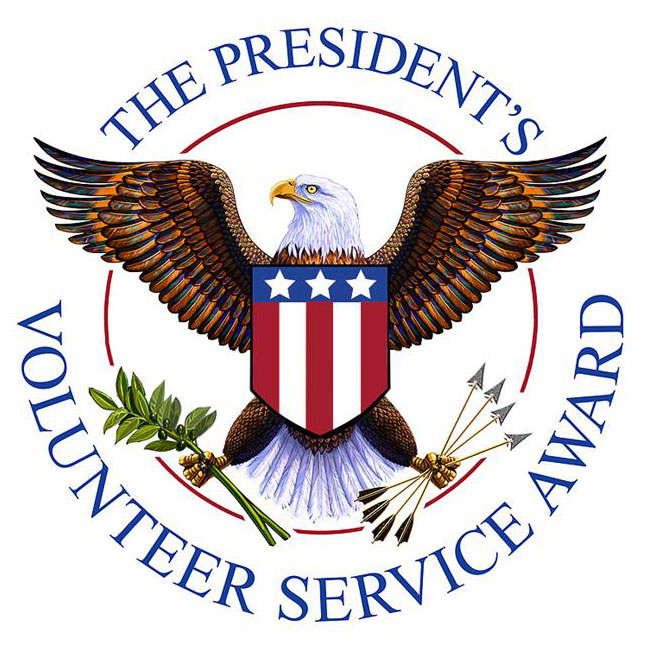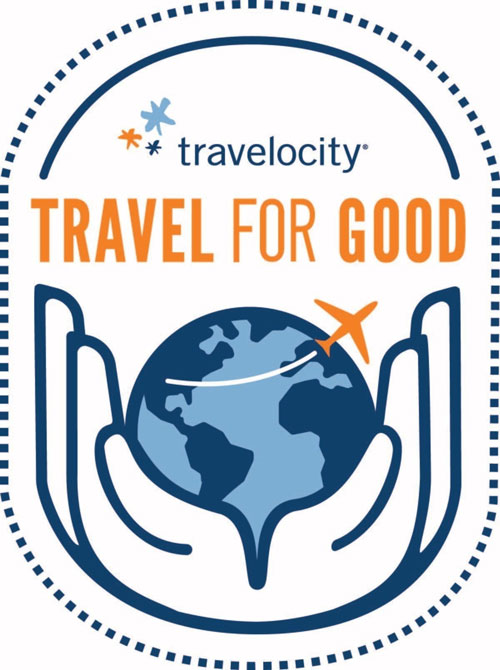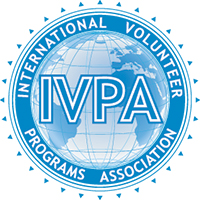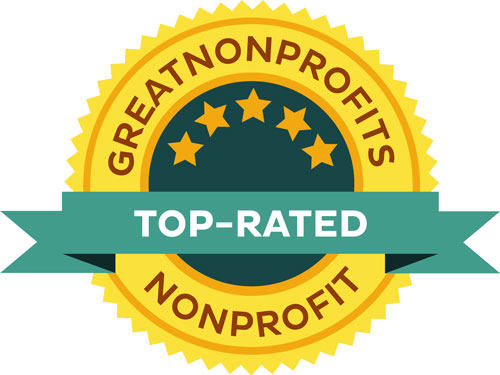On Friday, September 17, 2010, Globe Aware was featured in the global edition of the New York Times. Below is the article, including an interview with Catherine McMillan, Globe Aware’s vice president of volunteer communications.
The rise of volunteer tourism: Travelers help out while having fun
In today’s interconnected world, being environmentally responsible has evolved from fringe advocacy to mainstream behavior. Many travelers are also more aware of helping those less fortunate than themselves.
One emerging trend is volunteer tourism, or voluntourism, as it is known. Altruistic visitors partake in such projects as helping in orphanages or schools, teaching English or doing repairs and working on community projects.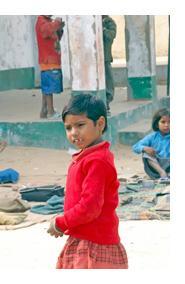 According to the International Ecotourism Society, voluntourism is taking shape as one of the fastest-growing markets in tourism today.
According to the International Ecotourism Society, voluntourism is taking shape as one of the fastest-growing markets in tourism today.
Globe Aware, a nonprofit organization based in Texas, organizes volunteer programs all over the world. ‘‘Our mission is twofold — to promote sustainability through volunteer work projects and to promote cultural understanding,’’ explains Catherine McMillan, Globe Aware’s vice president of volunteer communications. The organization specializes in connecting short-term volunteers with communities that have a variety of needs.
‘‘It isn’t just work,’’ she says. ‘‘As we say here, ‘Have fun and help people.’’’ This type of travel is very different from the normal tourist experience, adds McMillan. ‘‘You get a much deeper, nuanced experience of the culture of the place you are visiting,’’ she points out. ‘‘You create real relationships with the locals.’’ Volunteers experience both the beauties and the challenges that local people face, she adds. In Cambodia, for example, Globe Aware projects range from working with schools and Buddhist monasteries to building and distributing wheelchairs to land-mine victims.
One volunteer, who came to Globe Aware through the Make-A-Wish Foundation, had a condition in which he lost control of the movement in his legs. ‘‘He had experimental surgery and regained mobility, but his wish was to help give the gift of mobility to others,’’ says McMillan. ‘‘He went with his parents to Cambodia last year and built wheelchairs.’’ The 2010 Ecotourism and Sustainable Tourism Conference, held Sept. 8-10 in Portland, Oregon, featured Bruce Poon Tip as keynote speaker.
Poon Tip is the founder of Gap Adventures, an adventure travel company that promotes sustainable tourism. ‘‘We love changing people’s lives through travel,’’ said Poon Tip, ‘‘and ESTC is a perfect forum to help us advance that goal.’’ He explains that the company has proven through initiatives like its voluntourism projects that sustainability and travel needn’t be mutually exclusive.
Smart travel that respects local ecosystems, economies and communities not only provides a more exciting experience for travelers, but also is simply the right thing to do, says Poon Tip.
Hong Kong-based Kit Sinclair, an occupational therapist and ambassador for the World Federation of Occupational Therapists, frequently offers her expertise when she travels. ‘‘When I visit a city, I often offer to provide lectures, meet with students, visit hospitals or clinics, and discuss with staff about their work and their patients,’’ says Sinclair, who has done this throughout China and other parts of Asia.
While visiting Chiang Mai in Thailand a few years ago, Sinclair had a memorable adventure, ‘‘eating a local dish of worms/larvae at a roadside restaurant, heading into the hills for the most fantastic massage at a local hot springs and enjoying the company of local health care professionals, learning their culture, understanding their concerns and having a great time.’’ Another volunteer tourism organization, with offices in Bangkok and Luang Prabang, North by North-East Travel, specializes in trips to Southeast Asia. The company says it ‘‘provides meaningful volunteer work by aiming to empower communities through the transfer of vocational skills and leadership abilities, so they can benefit directly from tourism.’’ North by North-East has facilitated a number of projects in both Thailand and Laos, from educational ones to providing tsunami relief. Responsible tourism, it says, is not imposing one’s culture on others or conforming totally to a local culture. It is about a respectful and equal exchange of values.
Before jumping on the voluntourism bandwagon, says Globe Aware’s McMillan, travelers should make sure that the organization they are working with is legitimate and that they understand how donations are used for the benefit of the community.
‘‘Just handing out funds creates dependency, and you don’t want to do that,’’ McMillan points out. ‘‘Potential volunteers should be able to ask for references from past volunteer participants.’’ For Sinclair, the occupational therapist, the rewards of service ‘‘are in increased knowledge of the region and its health care needs, in sharing global perspectives with my local counterparts and in getting to know some really fantastic people.’’







